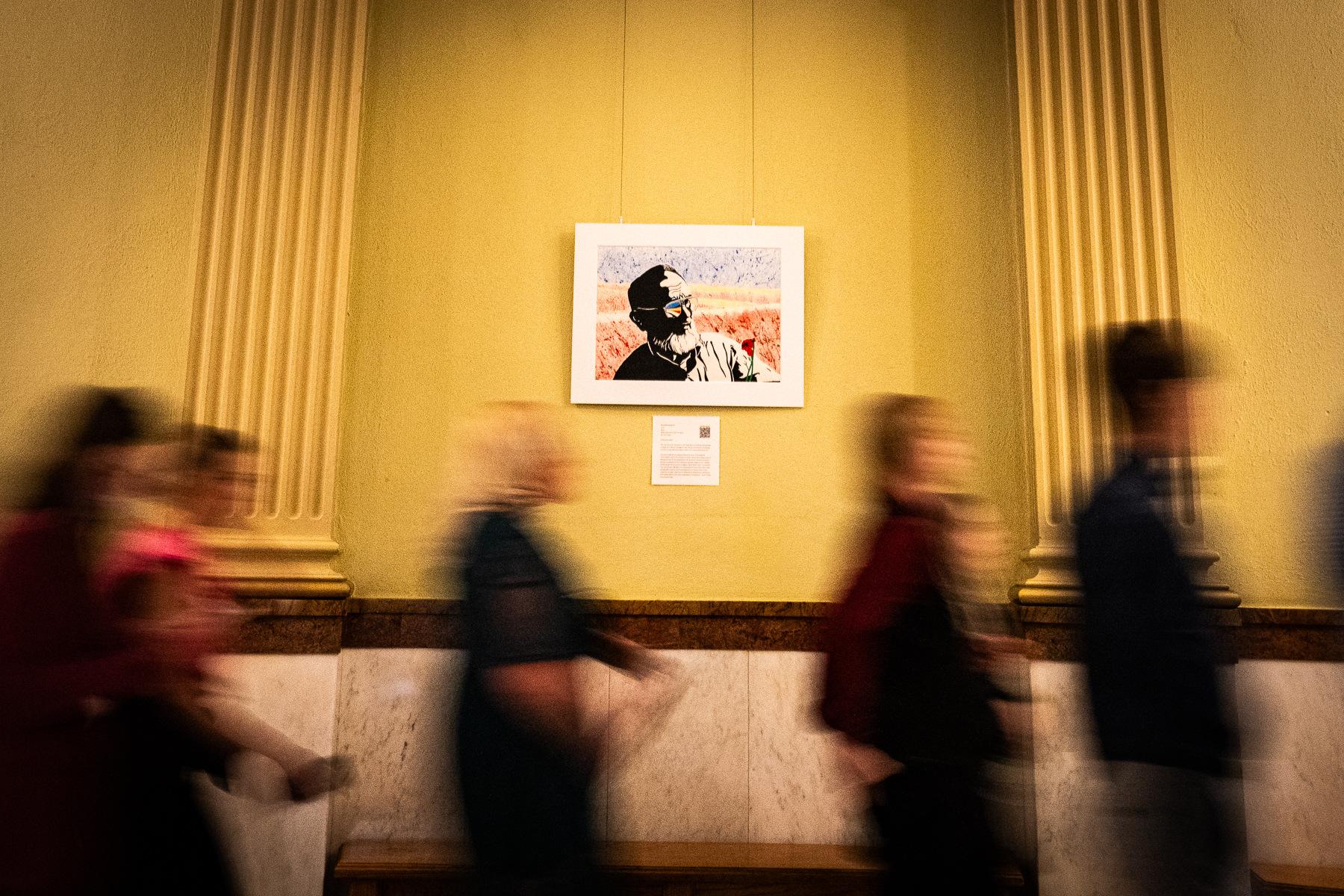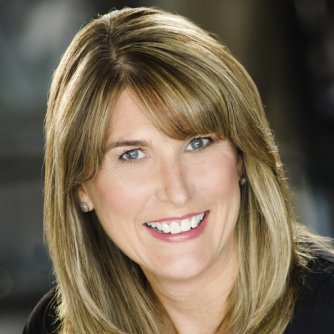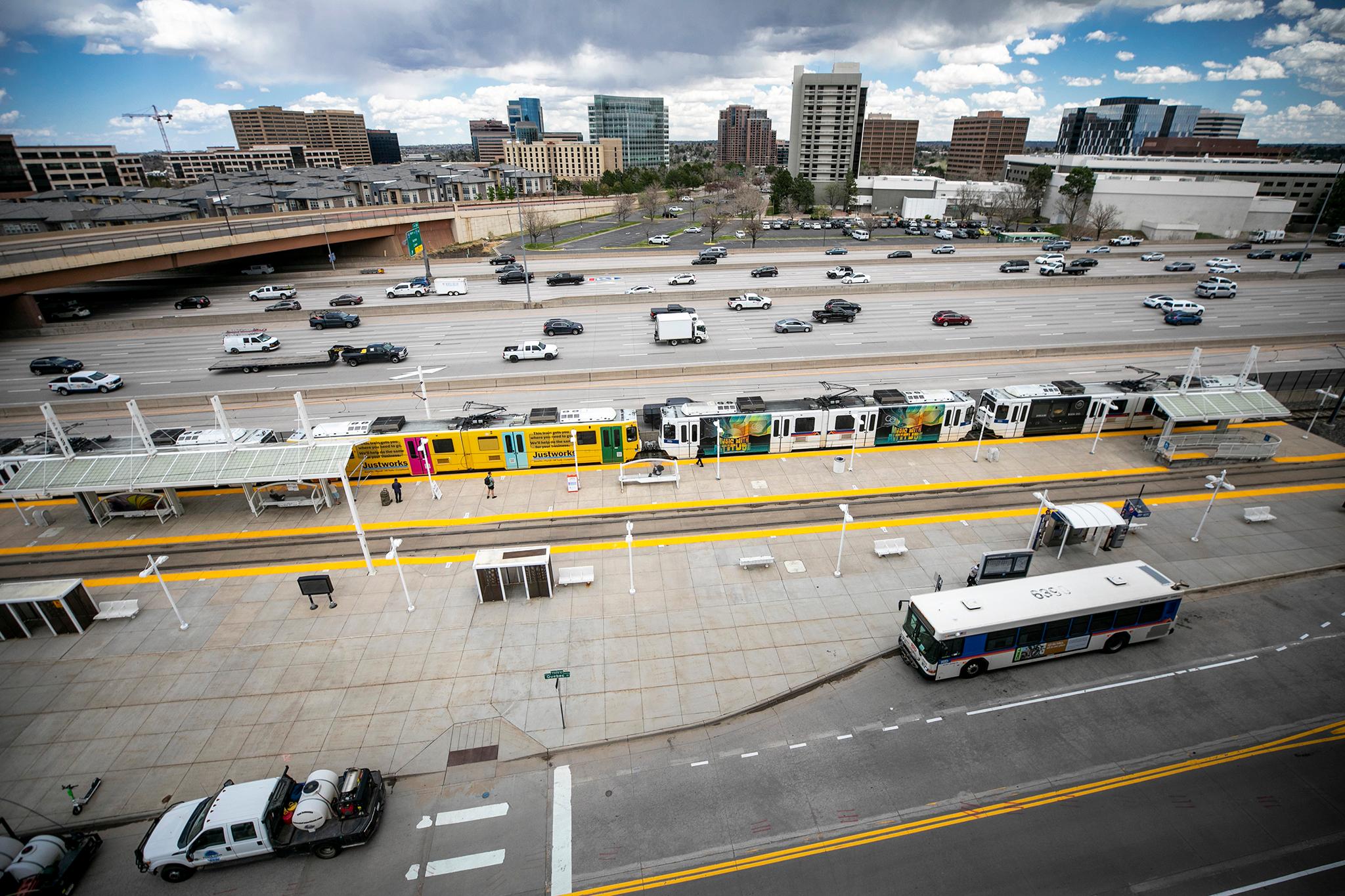Flux Capacitor, a warehouse music venue that has become a fixture in the Colorado Springs music scene over the last two years, announced Monday that the city's fire department ordered it to close its doors. The move comes amidst a nationwide crackdown on unsanctioned, artist-run event spaces--often referred to as "DIY" venues--in the aftermath of the Ghost Ship fire in Oakland, which claimed the lives of 36 people earlier this month.
In a statement on Facebook, Flux Capacitor representatives explained that "it isn't possible to get [the] building up to the proper code," adding, "it hurts us to say that Flux Capacitor in this current location is no more."
"It's not about how much the bar made, it's not about the bottom dollar."
Flux Capacitor, or "The Flux," as it's commonly called, was founded by a group of local musicians in December 2014. Located in a bare bones warehouse space off Chelton Road, The Flux has hosted hundreds of concerts over the last two years, ranging in genre from hardcore to punk to electronica and hip hop. All shows were donation-based and volunteer-run, and the venue attracted both high profile touring acts—like MC Gift of Gab from legendary hip hop group, Blackalicious, who performed at The Flux in 2015—and local bands alike.
"The vision was always to have a place where everybody can go and have a good time," says Flux Capacitor co-founder Bryan Ostrow. "It's not about how much the bar made, it's not about the bottom dollar. It's the fact that there was a room full of people having a great time."
Over the years, a community of artists and musicians formed around the venue. Stephanie Byrne, who plays with Colorado Springs-based band, Cheap Perfume, calls the The Flux a "second home."
"As a musician, it's such a great space, it definitely has been our favorite place to play," she says. "That's actually where we played our very first show. It's played a really big part in our group and in our development."
For Byrne, while there are plenty of other venues to play and see live music, the DIY nature of The Flux set it apart.
"I know that a lot of people in the community came into that DIY space not really feeling like they belonged anywhere, and then two years later it felt like they belonged to a big community-family," she explains. "I think it can create and harbor different kinds of creativity that maybe some spaces don't have as much room to."
"It all boils down to life safety."
Nevertheless, the Colorado Springs Fire Department says the makeshift warehouse space in which Flux Capacitor operated simply isn't equipped to handle the kinds of crowds that have gathered there regularly over the last two years.
Fire Department spokesman Steve Wilch explains that, in technical terms, space was being used for "assemblies," a use which was not allowed under the building's permits.
"When you file for an assembly type occupancy permit, you have to have certain exit requirements, pathway egress—you have to have certain code things that allow the safe operation of that structure for a large amount of people," says Wilch. "It all boils down to life safety."
CSFD inspects buildings on a biannual basis for code violations, but Wilch says if a building falls behind on code issues or changes use in the interim, the department relies on community members to make a report. That's what happened in this case, explains Wilch.
"Last week, through our referral system, we had an individual who had attended an event at the Flux Capacitor, [who] had recognized that this building could have some similar type outcomes as the Ghost Ship," says Wilch. "They were looking at fire exits and fire suppression systems, and they thought, 'I think this is something I'd like the fire department to know about.'"
Flux Capacitor is one of many DIY spaces across the country that has come under scrutiny from fire officials in the weeks since the Ghost Ship fire.
Following an investigation, the Fire Department determined that the space would need significant modifications in order to continue to operate as a venue. Bryan Ostrow says those improvements would have been too expensive.
"In order to change the zoning, they would have to change the entire building," he explains, "it just would have been too difficult, unfortunately."
Flux Capacitor is one of many DIY spaces across the country that has come under scrutiny from fire officials in the weeks since the Ghost Ship fire. Earlier this month, Rhinoceropolis, a music venue that had been operating in a warehouse in Denver's RiNo district for 11 years, was cited for fire code violations and shut down. Similar venues have been shuttered in Los Angeles, Baltimore, and elsewhere.
For his part, Ostrow says that though he's disappointed about the closure, he's not exactly surprised.
"When we started this, we knew that DIY spaces don't last long. We honestly thought it would last a couple months, we'd throw a couple punk rock shows, and then we'd get busted and we wouldn't be able to do it anymore."
But after two successful years and hundreds of shows, he says he's still as committed as ever to the idea of Flux Capacitor and the community it helped to foster. He tells 91.5 KRCC that Flux organizers are already looking for a new location, and that proper zoning and fire safety will be top of mind.
"This has been a wake up call," he says, "now we're going to get another place where we don't have to worry about it everyday, we don't have to worry about the show getting broken up, any of that. We're going to make sure that we keep it in a good way, but we'll never lose touch of the DIY ethic that created Flux."









